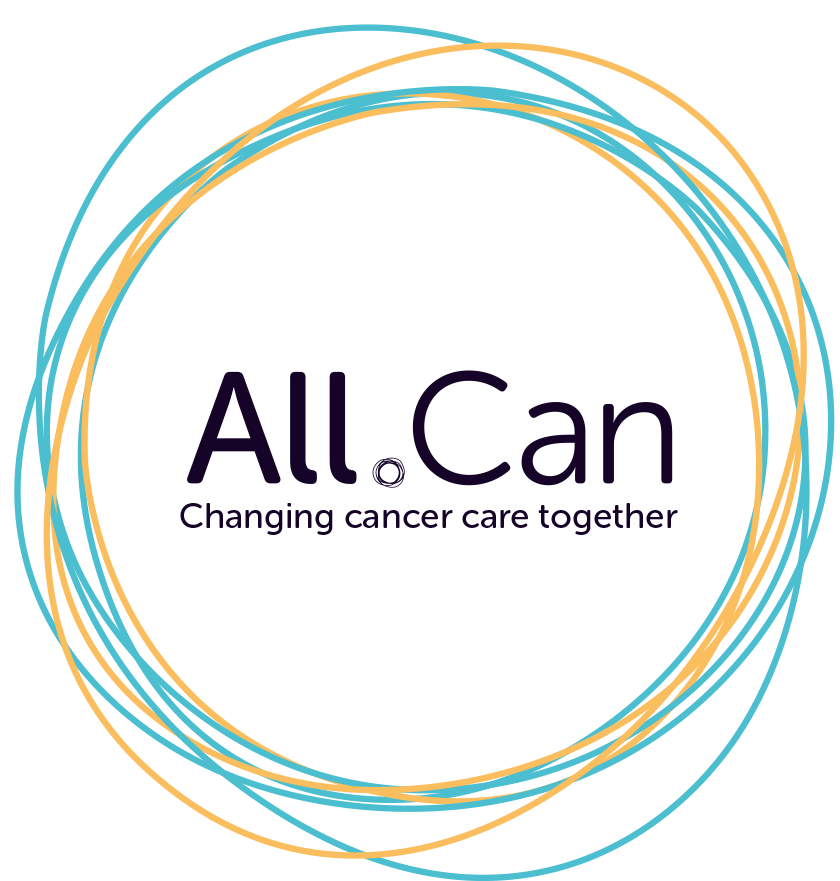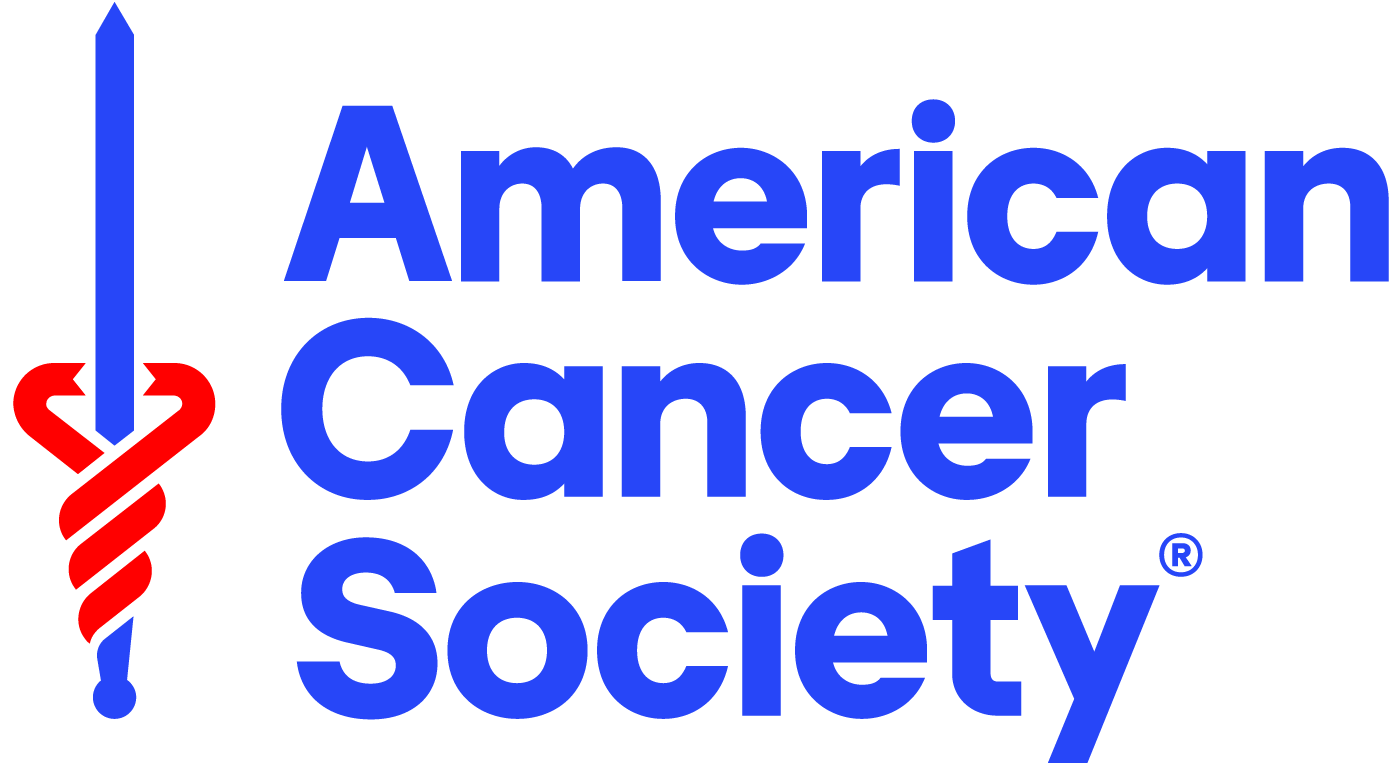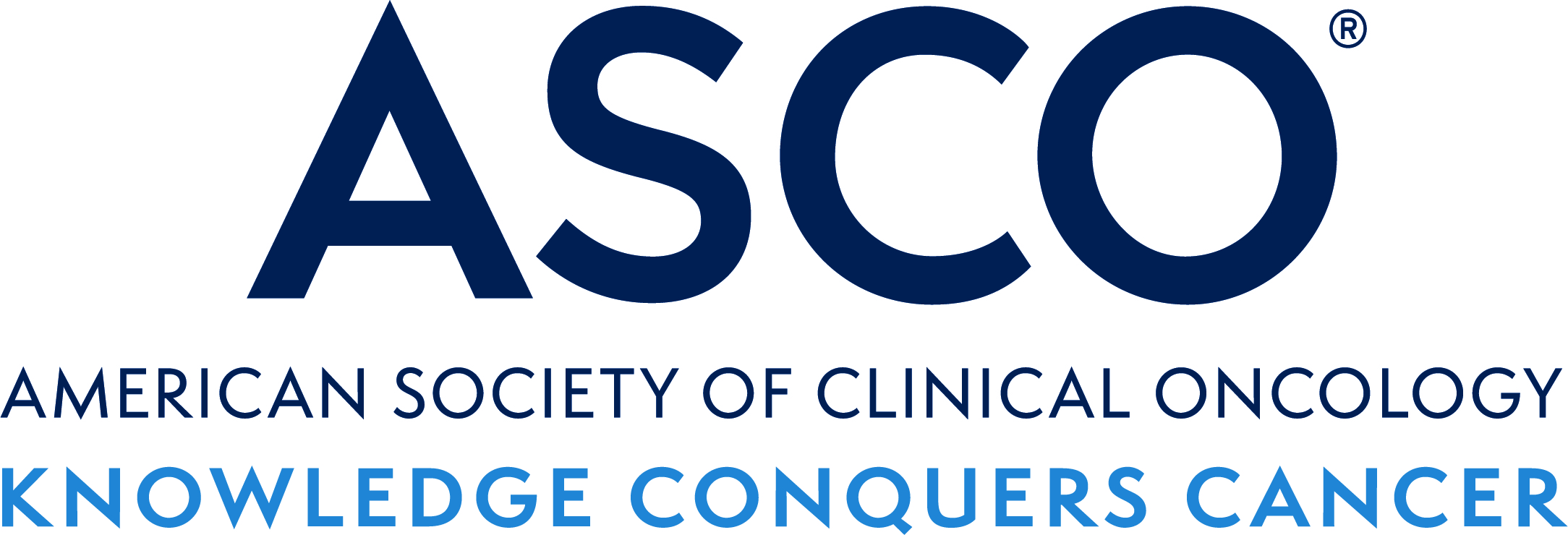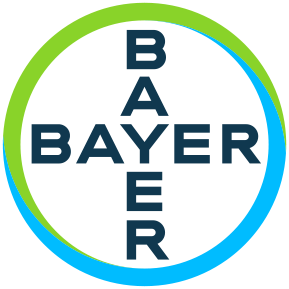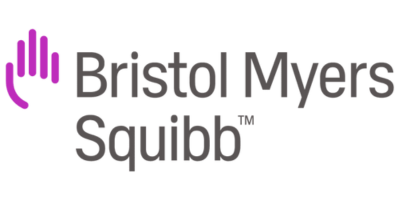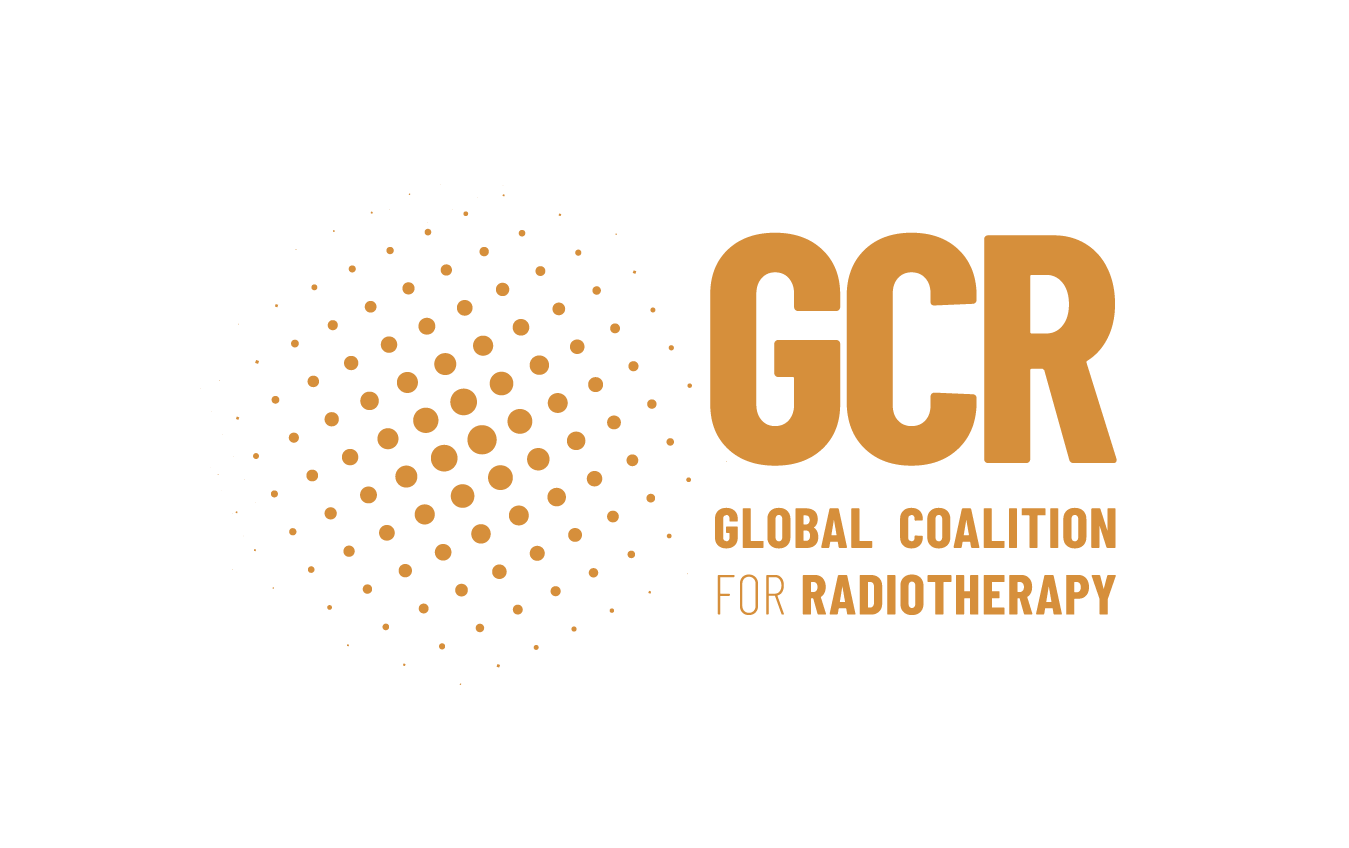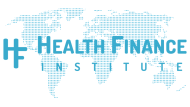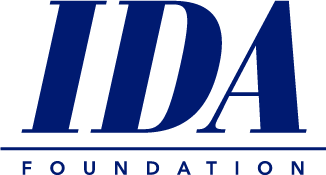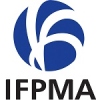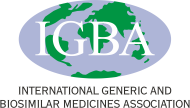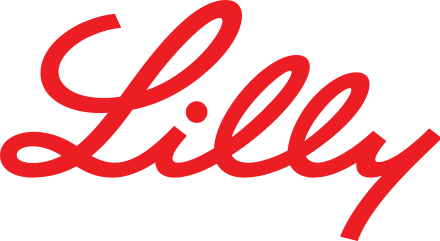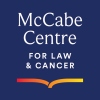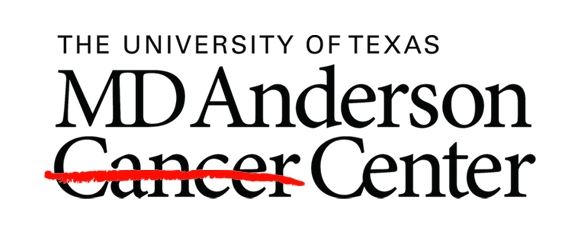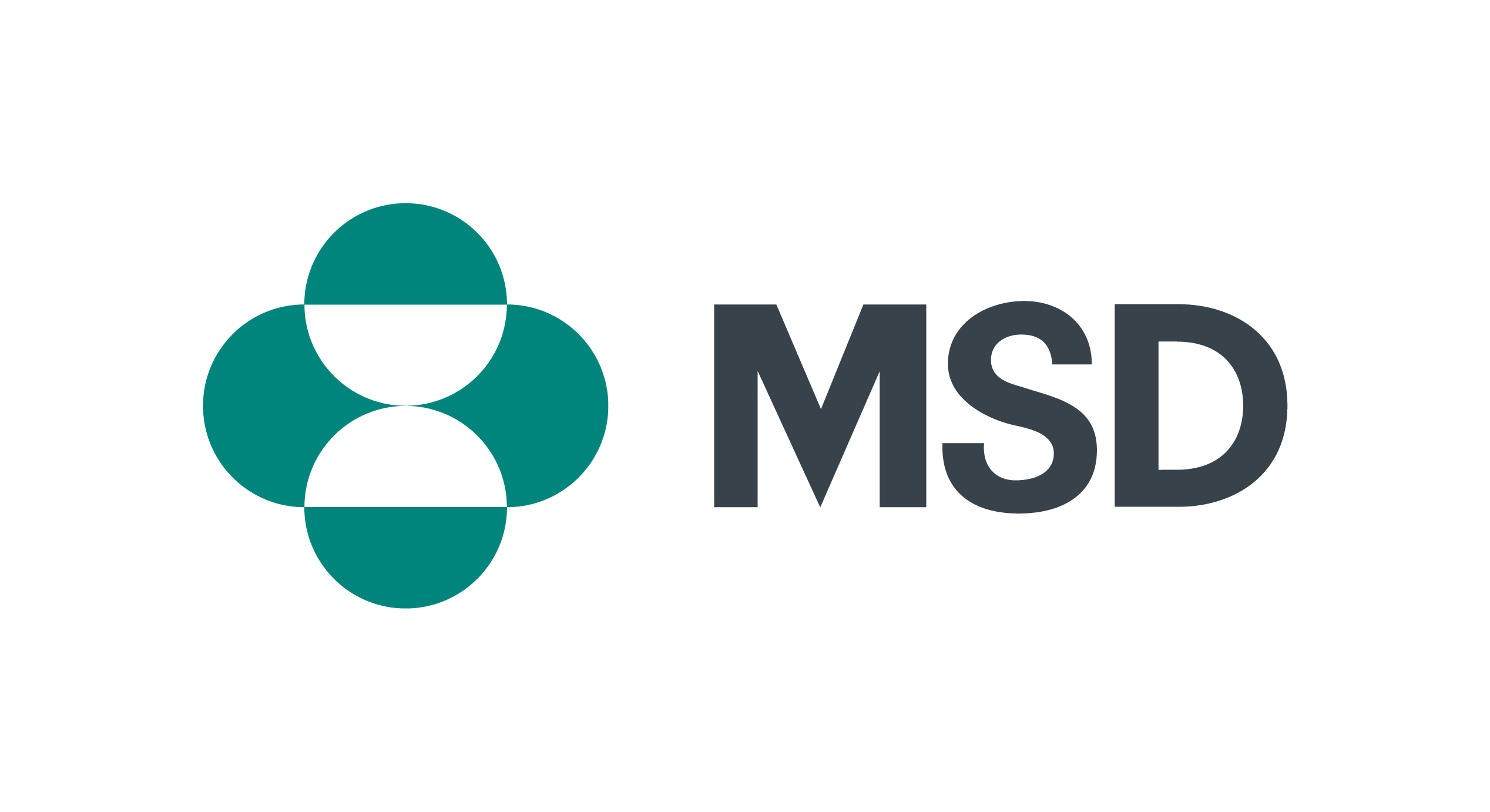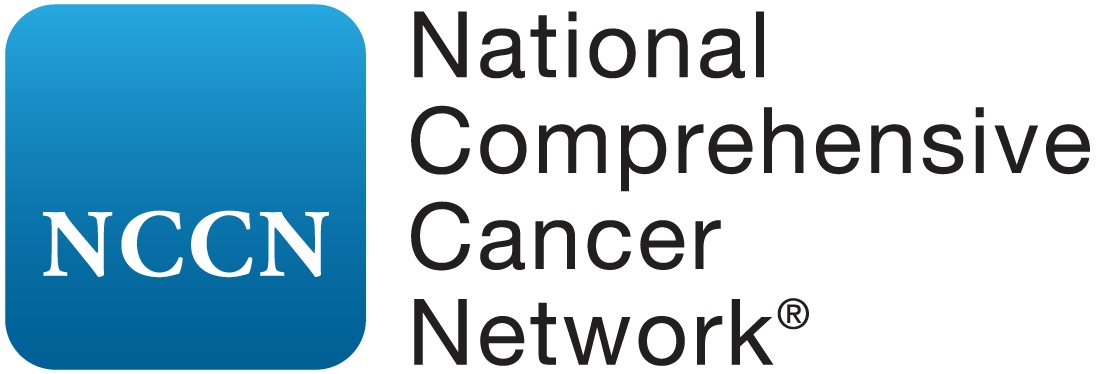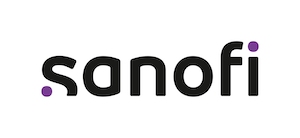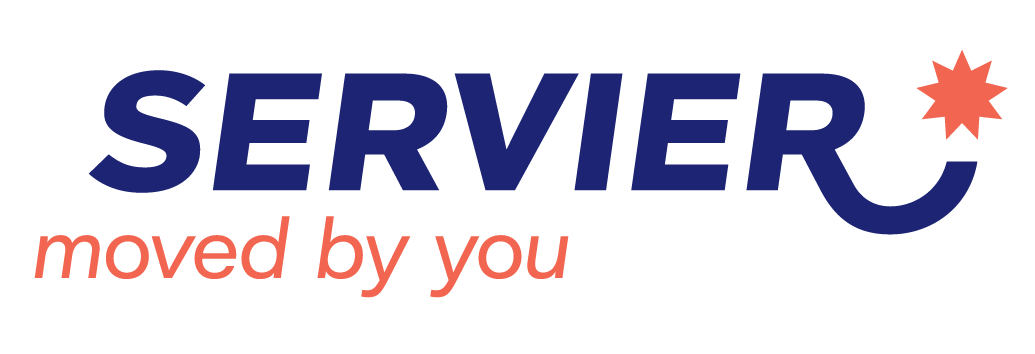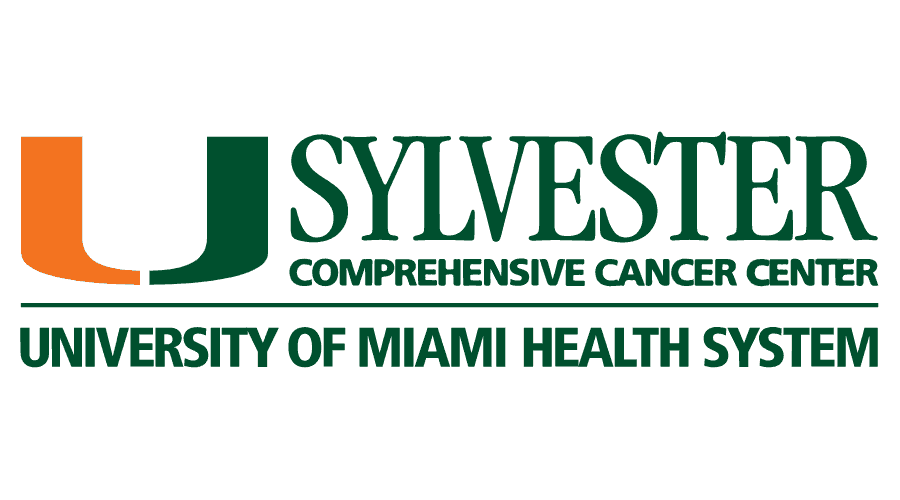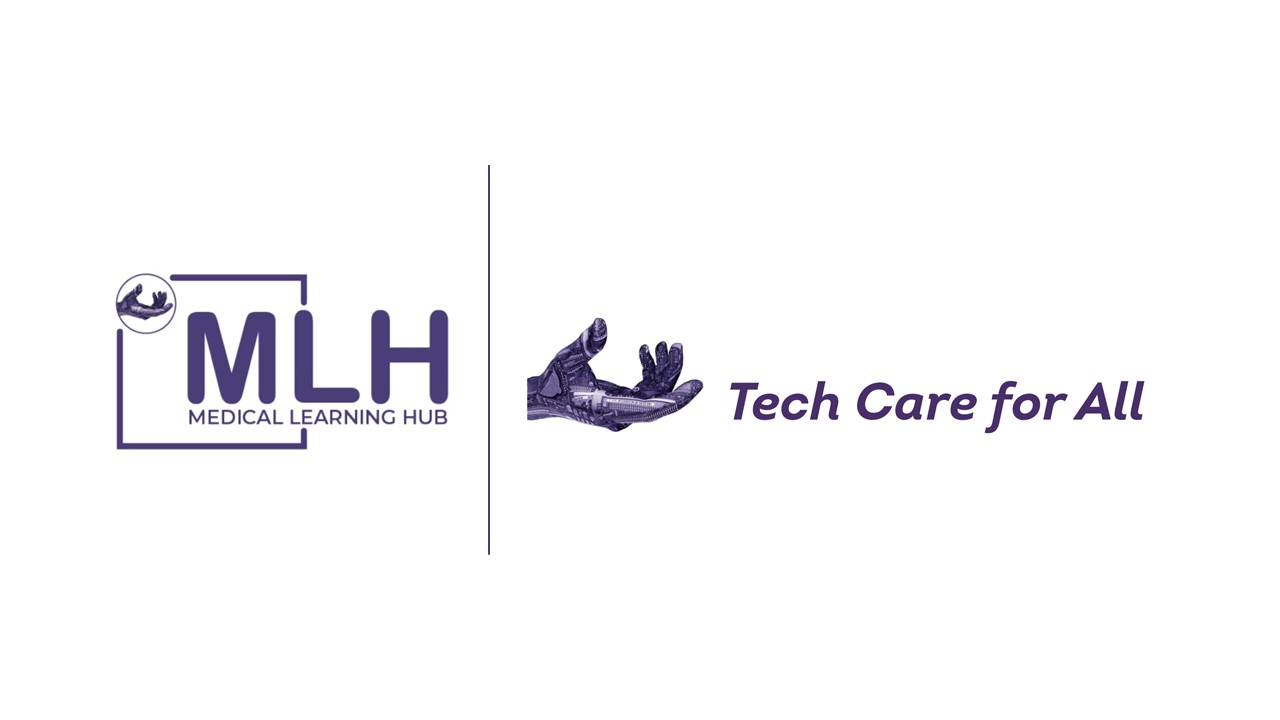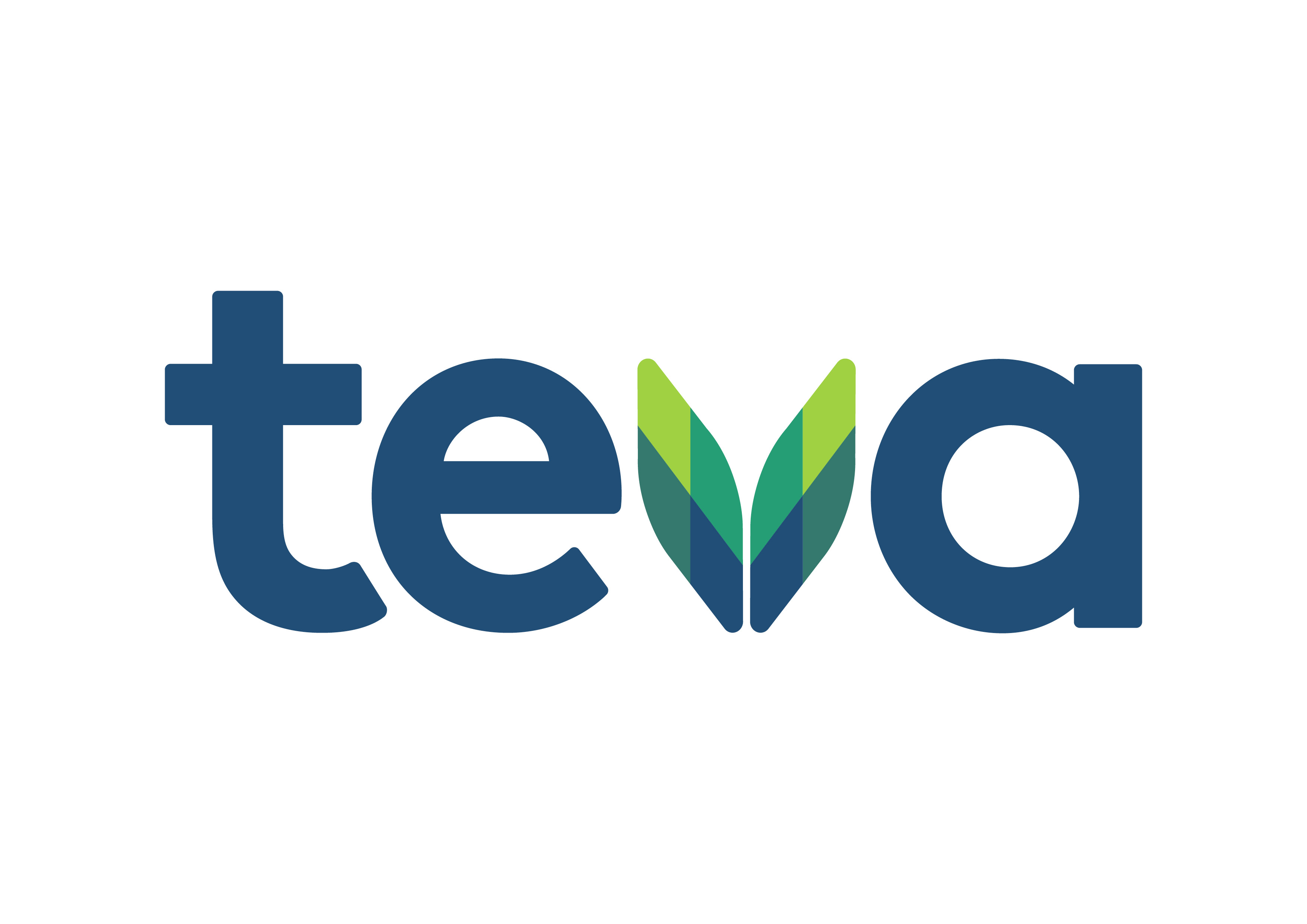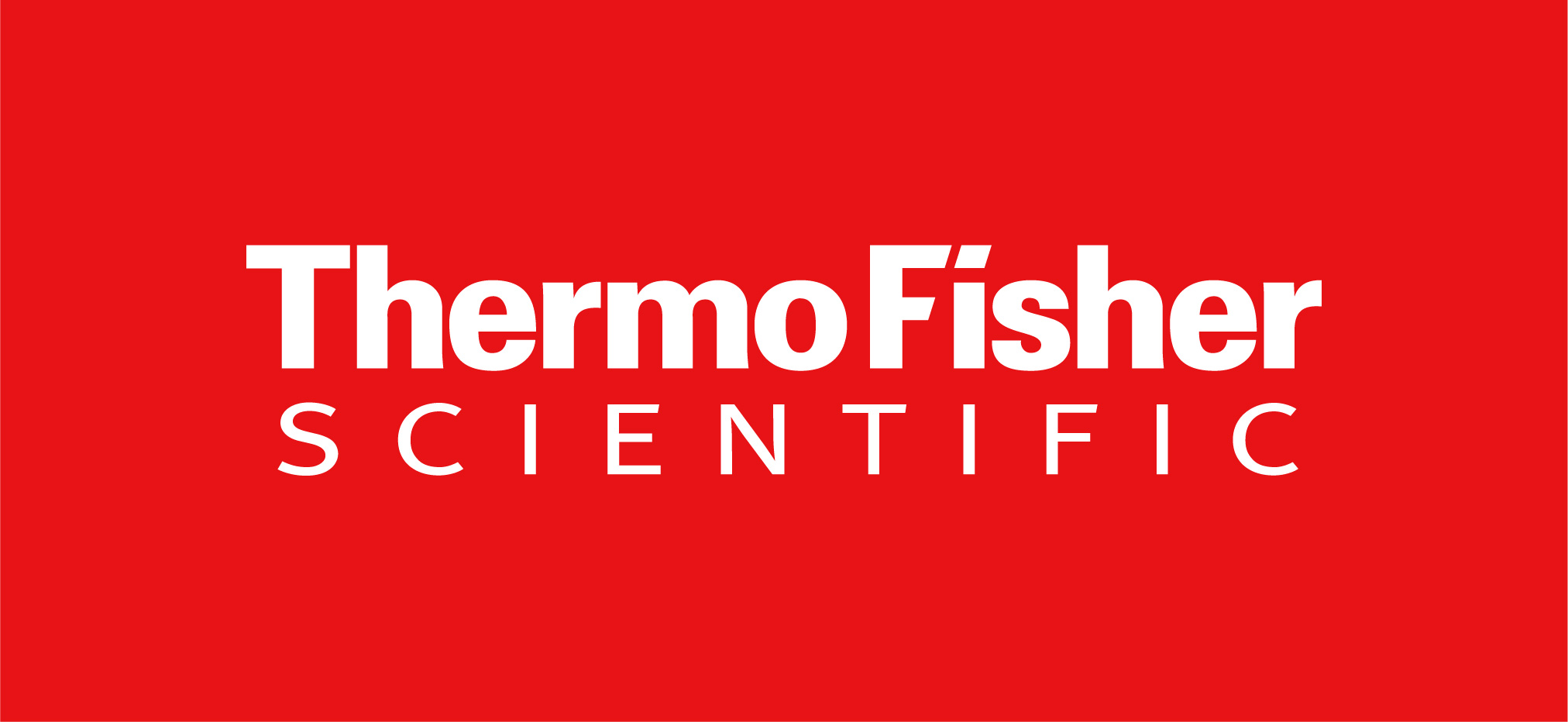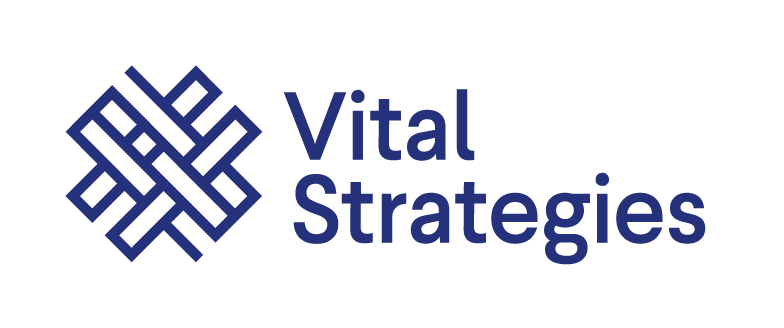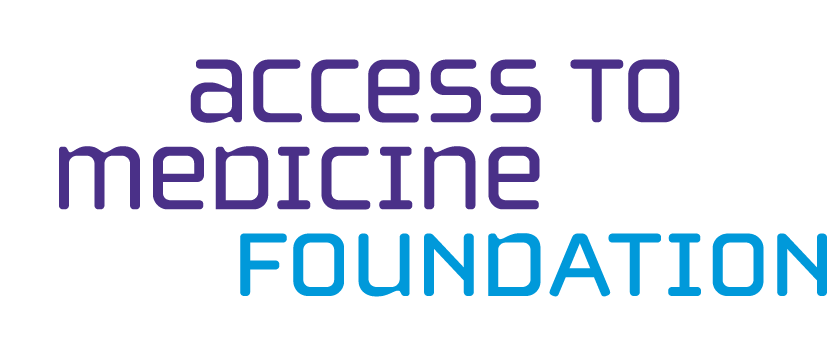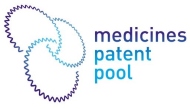Access to Oncology Medicines Coalition
A UICC-led initiative pioneering access solutions for cancer medicines
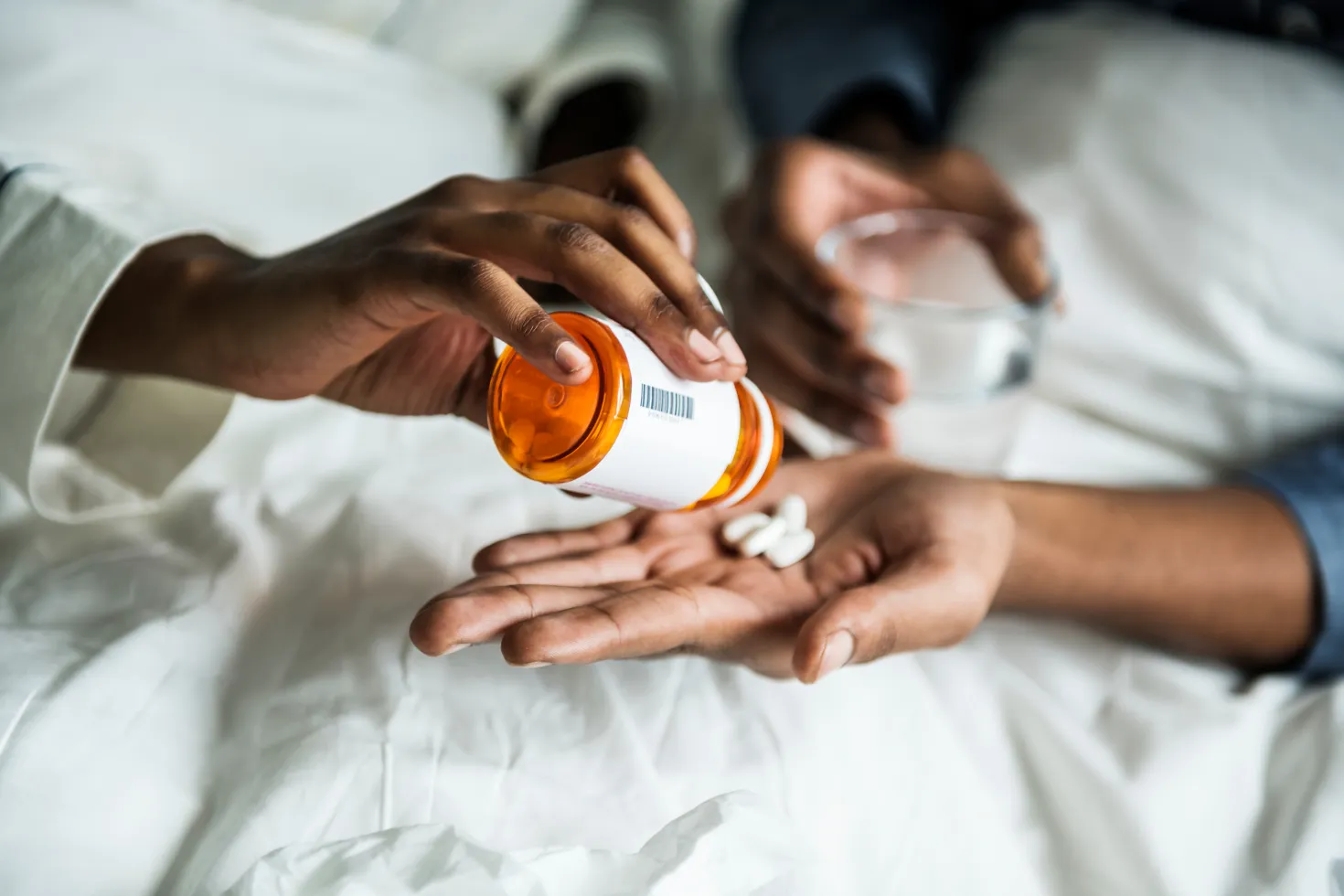
The Access to Oncology Medicines Coalition (ATOM Coalition) is a global initiative, led by the Union for International Cancer Control (UICC), in collaboration with over 40 partners across the private and civil society sectors. It aims to address the barriers to availability, affordability and appropriate use of oncology medicines in low- and lower-middle income countries (LLMICs).

The ATOM Coalition ambition
“To reduce suffering and deaths caused by cancer in low- and lower-middle income countries through improved access to and use of essential cancer medicines.”
News and Resources
Latest news
15 December 2025 – Shaping the next phase of the ATOM Coalition
The new Executive Director of the Access to Oncology Medicines (ATOM) Coalition, Natasha Shah, outlines the work ahead to expand access to cancer care in low- and lower-middle-income countries through local partnerships, capacity-strengthening and effective pathways to innovative medicines.
Latest blog
11 December 2025 – Bridging the divide: financing cancer care to achieve true universal health coverage
Marking Universal Health Coverage (UHC) Day on 12 December, Sarbani of the UICC-led Access to Oncology Medicines (ATOM) Coalition writes about how innovative health financing strategies could transform access and equity under UHC in LMICs that face critical gaps in cancer care financing.
Three areas of focus
Building on UICC’s long-standing advocacy for the global availability of cancer medicines, the ATOM Coalition is dedicated to identifying and developing access solutions that address key barriers and have the potential to make substantial impact on global efforts to increase access to essential oncology medicines and improve health systems in LLMICs.
The ATOM Coalition will support country governments and other stakeholders through locally relevant training, skill development and infrastructure strengthening aimed at building the country’s capacity to receive and use cancer medicines. By leveraging the resources and expertise within the Coalition and engaging with UICC members, the capacity strengthening programme will focus on four key areas:
- regulatory affairs
- supply chain management
- pathology and diagnostic infrastructure
- appropriate use with patients.
By supporting generic, biosimilar and originator manufacturers to develop, register and supply quality-assured essential cancer medicines at affordable prices, the ATOM Coalition is helping to ensure greater availability of generics and biosimilars in target countries.
Through defined sustainable medicine access pathways, the ATOM Coalition will focus on enabling access to patented medicines and new medicines in the pipeline from pharmaceutical companies over time. This includes voluntary licensing, indirect commercialisation, fostering economies of scale and extending the impact of existing donation programmes to ATOM Coalition target countries.
Harnessing collective expertise
Guided by the insights of international experts from the UICC global cancer community, the ATOM Coalition Expert Advisory Groups (EAGs) offer invaluable counsel, expertise and recommendations on key issues that impact access to prioritised essential cancer medicines and diagnostics in LLMICs and ATOM Coalition target countries.
Chaired by Dr Gilberto Lopes, University of Miami School of Medicine and UICC Board Member
The ATOM Coalition Medicines Expert Advisory Group was established to identify and prioritise the essential cancer medicines that the ATOM Coalition will initially focus on. Its diverse membership include representatives from the WHO Expert Committee on Selection and Use of Essential Medicines, members from the Medicines Patent Pool Advisory Committee, as well as representatives from Access to Medicine Foundation and the American Society for Clinical Pathology.
Chaired by Dr Dan Milner, ATOM Coalition, UICC
The Diagnostic Expert Advisory Group supports the ATOM Coalition’s diagnostic and pathology capacity strengthening efforts, offering technical recommendations on policies and strategies, as well as guidance on current and emerging diagnostic technologies that can support the improved access, affordability, availability and appropriate use of diagnostics and pathology services in ATOM Coalition target countries.
Chaired by Amy Israel, ATOM Coalition, UICC
The Regulatory Expert Advisory Group works to optimise global-level regulatory and quality assurance processes and related standards for essential oncology medicines and diagnostics. This includes timely regulatory approval and quality assurance of prioritised essential oncology medicines and diagnostics based on methodologies developed by the WHO Prequalification programme and the WHO collaborative registration procedure.
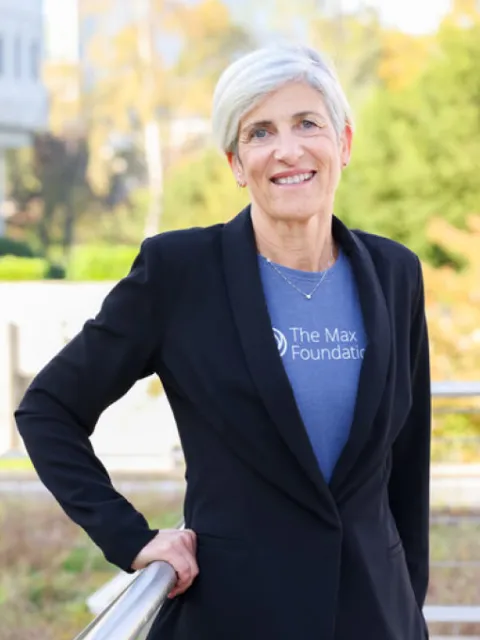
ASCO is a long-standing member of UICC and a partner of UICC, and we’re grateful for this opportunity to further our work together into a new and critical initiative, the ATOM Coalition.
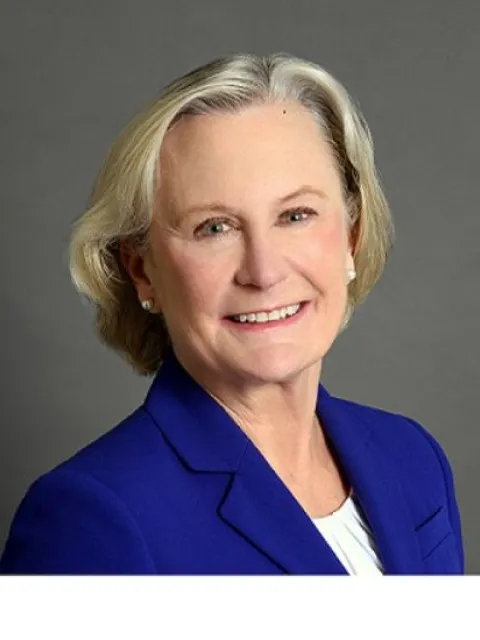

Uniting for Impact
The UICC-led ATOM Coalition is proud to partner with global health-focused civil society organisations, medical societies, global oncology centres, biopharmaceutical and generic manufacturers, and associations to expand current programmes, establish new initiatives, and coordinate access opportunities across LLMICs and ATOM Coalition target countries.
Led by
In collaboration with ATOM Coalition partners
Supported by ATOM Coalition official observers
Access matters: ATOM Coalition partners talk about the importance of getting cancer medicines where they’re needed, when they’re needed and to the people who need them.
Join the ATOM Coalition
Be part of the UICC-led efforts to reduce suffering and deaths caused by cancer in low- and lower-middle income countries through improved access to and use of essential cancer medicines.




